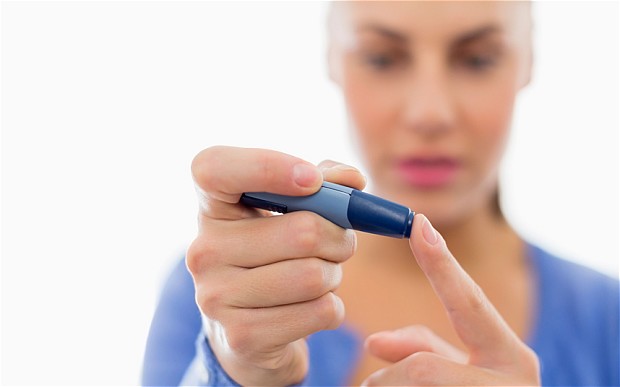
Pig Islet Transplantation May End Insulin Injections
Pig Islet Transplantation May End Insulin Injections
August 12, 2013
 Israel21C — Type 1 diabetes affects an estimated three million people in the United States alone. The disease results from a problem with the production or distribution of the hormone insulin, which carries glucose to the body’s cells for energy.
Israel21C — Type 1 diabetes affects an estimated three million people in the United States alone. The disease results from a problem with the production or distribution of the hormone insulin, which carries glucose to the body’s cells for energy.
Insulin is made in the islet cells of the pancreas, and transplants of healthy human islets have successfully allowed recipients to stop using injected insulin on a daily basis.
However, because there aren’t nearly enough human donors, regulatory agencies including the U.S Food and Drug Administration have approved clinical trials using islets from pigs. Here, the problem is not availability but the human body’s aggressive immune response against tissue from another species.
Now BGU’s diabetes expert Dr. Eli Lewis, and his team at BGU’s Clinical Islet Laboratory, is developing a new regimen that combines the use of alpha-1, a natural blood protein that fights inflamation and temporary T-cell depletion therapy, to help prevent non-human pancreatic islet cells from being rejected by the human body.
This innovative study is being funded by the Juvenile Diabetes Research Foundation.



